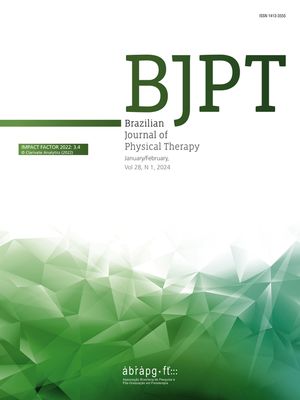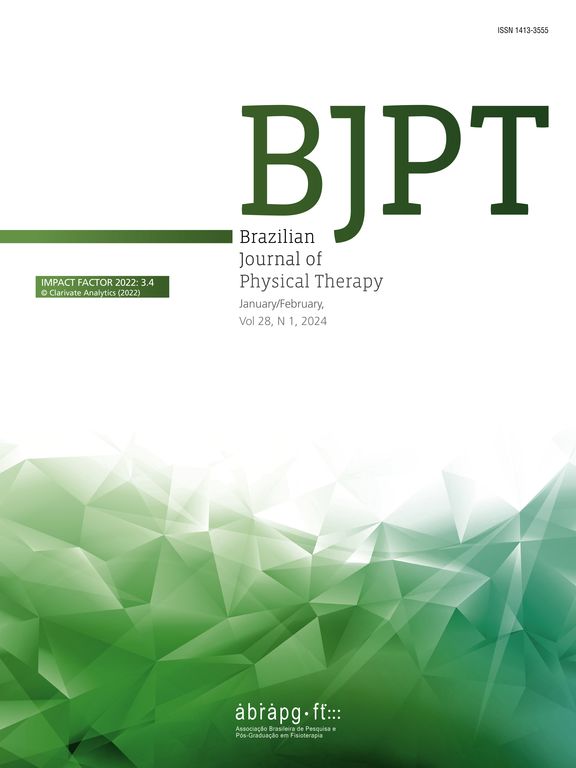
1st STUDENT SCIENTIFIC CONFERENCE OF THE BRAZILIAN ASSOCIATION FOR RESEARCH AND POSTGRADUATE IN PHYSIOTHERAPY (ABRAPG-FT)
More infoEvidence-based practice (EBP) is fundamental for effective healthcare delivery, and it's teaching has been progressively adopted in higher education in health sciences worldwide. In Brazil, private higher education institutions (HEIs) play a significant role in health education, and although national curriculum guidelines recommend decision-making based on scientific evidence, there are no specific guidelines for the curriculum implementation of EBP as a course. The presence of EBP as a component of the curriculum in undergraduate physical therapy programs in these institutions is still unknown.
ObjectivesTo investigate the presence of EBP-specific-course in undergraduate physical therapy programs in private HEIs in Brazil and the content offered in the courses.
MethodsThis is a cross-sectional study that used the e-MEC National Register of Higher Education Courses and Institutions to search for undergraduate physical therapy programs recognized by the Ministry of Education, until March 2021. Curricula of face-to-face undergraduate programs that provided curriculum information via website or e-mail were included for analysis. Curricula that contained references, mentions or citations of exact term or synonymous to “Evidence-based clinical practice” were analyzed to identify the course in which the content was offered. Subsequently, the available syllabus of EBP specific course were analyzed to identify terms related to the five steps of EBP (Ask, Acquire, Appraise, Apply, Assess) Descriptive analysis was performed using absolute and relative frequencies. Mean and standard deviation were used to report the workload of EBP course.
ResultsA total of 1033 regular undergraduate physical therapy programs were found on the Ministry of Education website. Out of these, 809 curricula were included and evaluated. A total of 739 (91.3%) programs were identified as private HEIs. Nearly half of the programs (352/47.6%) are located in the Southeast region of the country. Only 66 (8.9%) programs had an EBP-specific course, offered mainly in the fifth year (30/46.9%) and fourth year (20/31.3%) of the undergraduate program, with an average workload of 44.3±11.8 hours. Proportionally, a higher number of EBP courses are located in the Northern region (10/22.2%) and Northeast region (29/16.6%). Only five (7.6%) programs provided the complete syllabi. All programs mentioned the critical appraisal and application steps, 4 (90%) mentioned the acquire step, 3 (60%) mentioned the ask step, and Only 2 (40%) mentioned the evaluation step.
ConclusionThe presence of EBP-specific course in undergraduate physical therapy program in HEIs is still inadequate, and the majority of programs that include them do not fully incorporate all of their steps. The deficiency in teaching content related to EBP at the undergraduate level can negatively impact the clinical decision-making of new professional and the healthcare delivery.
ImplicationsThe results of this study promoted the understanding of the scenario of EBP teaching in undergraduate physical therapy programs in HEIs of the country, revealing the need for curriculum adjustments to promote evidence-based practice.
Conflict of interest: The authors declare no conflict of interest.
Acknowledgment: Not applicable.
Ethics committee approval: Federal University of Amapá (protocol 4.763.025).





